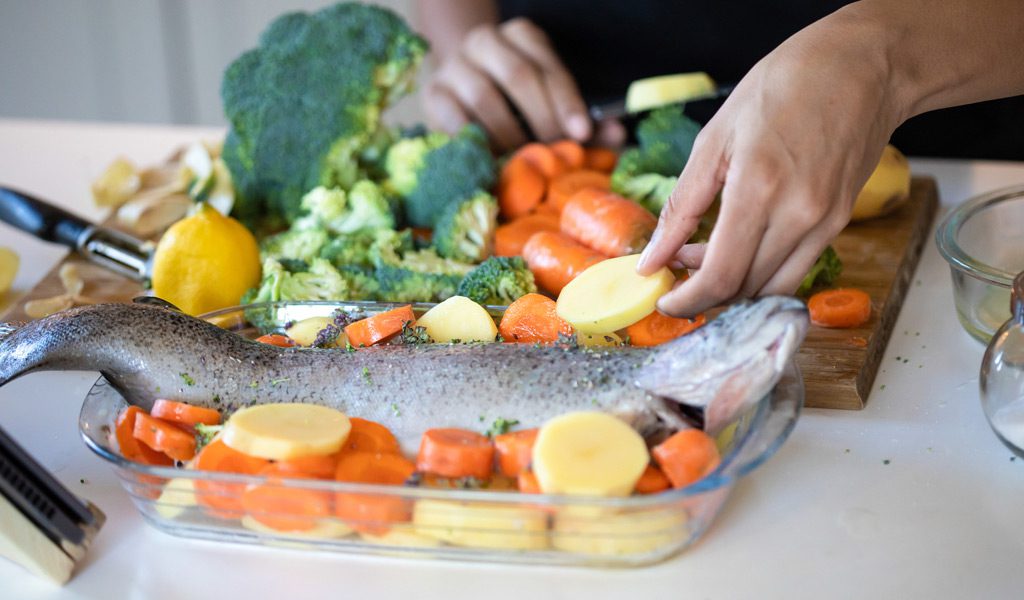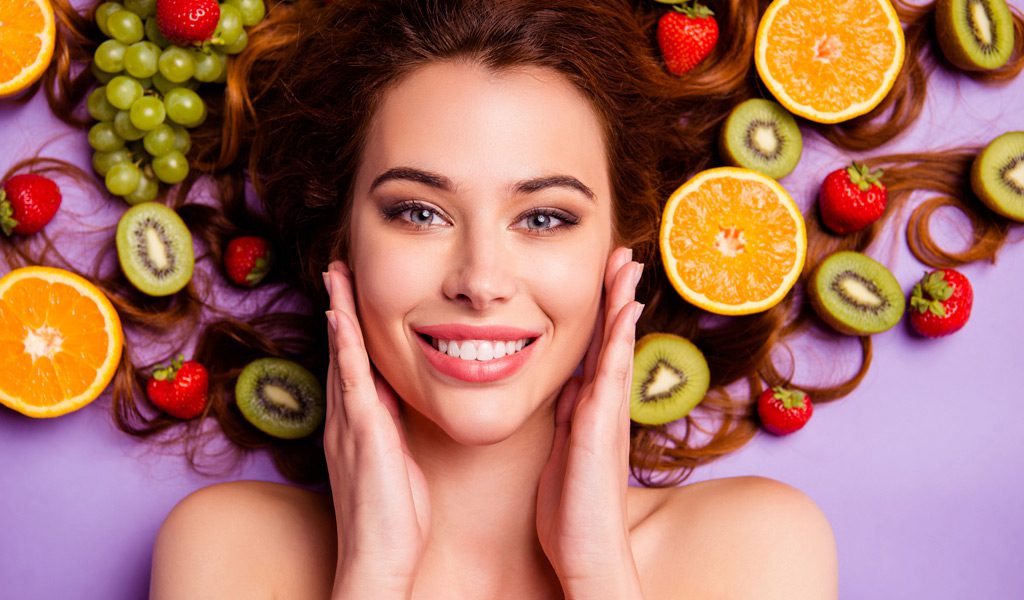
What we eat not only affects our physical health, but also the appearance of skin. A healthy diet could translate into healthier skin, but you need to know which foods are a go and which aren’t. Here’s a list of foods you should moderate — and why.
Sweets
It’s okay to treat yourself every now and then, but if you reach a sugar overload, then your body will experience a process called glycation. This means that if you eat more sugar than your cells can process, then the excess sugar molecules will combine with proteins, creating something called “advanced glycation end products,” or AGES. This byproduct damages the skin’s collagen, which is the protein that supports youthful and firm skin.

Alcohol
Drinking alcohol could make it difficult for the body to eliminate toxins, leading to a buildup in the liver and a range of skin issues, such as acne, sallowness, and wrinkles. In addition, alcohol causes dehydration and impairs sleep — both of which are associated with accelerated aging. Too much alcohol consumption could literally lead to more wrinkles, poor pigmentation, and reduced skin elasticity.
Charred Meat
A perfectly-charred slab of meat might look appetizing, but it’s bad news for your skin. The black char may contain inflammatory hydrocarbons, which could lead to the breakdown of collagen in the skin. You don’t need to completely cut out BBQ from your diet, just avoid eating the charred portions.
Salty Foods
Salt is a sneaky ingredient found in many of the foods we eat. We may not think we’re consuming a high-sodium diet, but certain canned and processed foods are preserved with sodium. Eating a high-sodium diet could cause the body to retain water and create a “puffy” look.

Processed Meat
Deli meat, sausage, and bacon contain sulfites and other preservatives, which can trigger inflammation in the skin and speed up the aging process. In addition, these meats tend to be high in sodium. Replace deli meat with chicken or turkey, and load up on veggies.
Spicy Food
Spicy food not only aggravates skin prone to rosacea, but also damages blood vessels during menopause. As a result, menopausal women may end up with blotchy skin. Regular flare-ups caused by spicy food could also lead to spider veins, puffiness, and/or permanent redness.
Red Meat
Fatty meat generates free radicals, which are in search of electrons. These free radicals steal electrons from healthy cells, causing damage that impairs the skin’s ability to protect itself and generate collagen. Choose leaner meats, like turkey or chicken, to prevent unnecessary damage to your skin.
Caffeine
Coffee and other foods high in caffeine will cause the body to excrete fluid and reduce moisture. This will dehydrate the skin, leaving it looking dull and aged.
Trans Fat
This type of artificial fat promotes inflammation and can make the skin more vulnerable to UV damage. But just because a food label says “0g trans fat” doesn’t mean it can’t contain 0.5g of trans fat. Avoid foods that contain partially hydrogenated oil.


